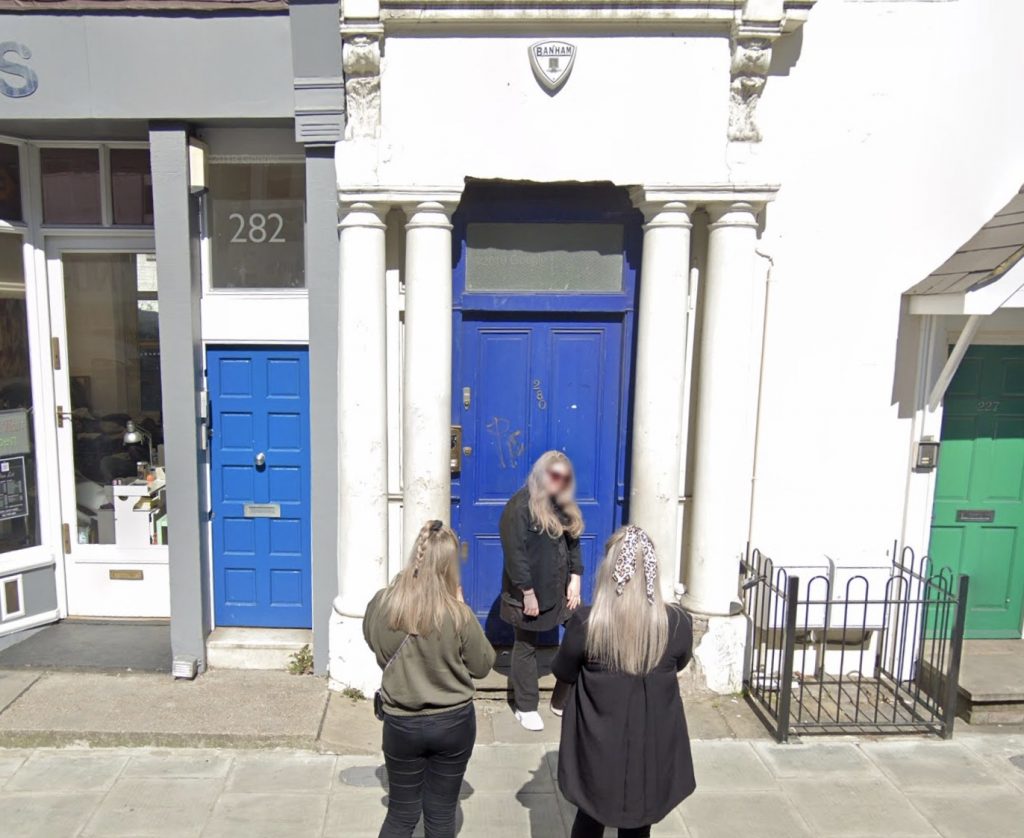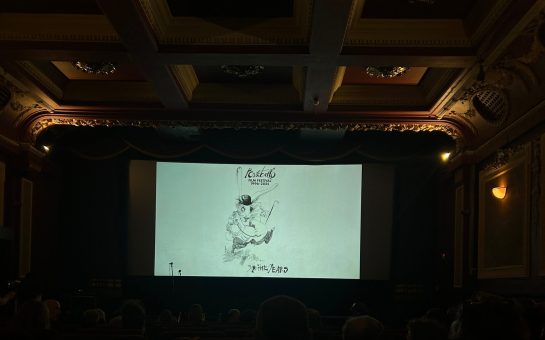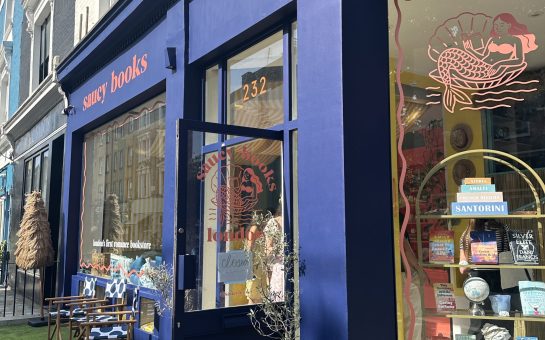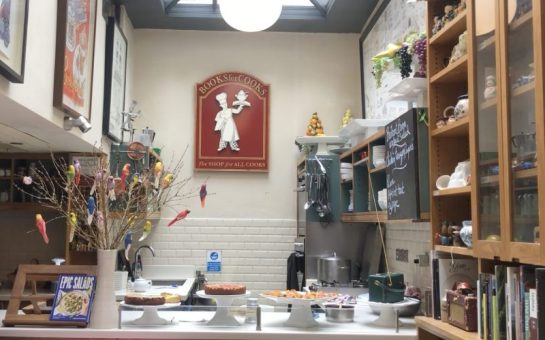An A-level geography survey has revealed a majority of Notting Hill residents think the Richard Curtis rom-com doesn’t do justice to west London’s thriving diversity.
Emily Phillips, a 17-year-old student from West London, always had a soft spot for the film as her father and aunt, actress Sally Phillips, once lived there together.
When the film was re-released on Netflix last Valentine’s Day, Emily began to question if viewers truly believe the film version of Notting Hill mirrored reality.
Emily said: “Netflix has millions of customers so you’re kind of faced with this thing where the film has the potential to completely shape people’s opinions of the area.”
Keen to tap into local opinion, Emily set about asking Notting Hill residents whether they thought the movie actually represented the place they call home.

According to her survey of 405 residents, which is around 10% of the total population of Notting Hill, 70% disagreed.
Emily explained: “A lot of people were saying that the film is completely whitewashed, and that it doesn’t show any of the ethnic diversity that the locals of Notting Hill are so proud of.
“Almost everyone said they consider Notting Hill to be a diverse area, which combats the presentation of the film with all-white main characters and pretty much all white peripheral characters.
“It romanticizes Notting Hill, quite vastly, and gives a very sanitized image of a spotless area when in real life it is not by any means.”

The results of Emily’s survey echo a greater trend of seeing how old films age under modern scrutiny.
Earlier this month Olivia Newton-John, 72, best known for her role as Sandy in Grease, came under fire for defending it against critics who view the song lyrics as ‘sexist’ and ‘misogynistic’.
So is it fair to hold classic movies to account today? To an extent, Emily thinks so.
She said: “Because it has such a lifetime this film, and will continue to have such a lifetime, I thought it was important to figure out the impact of it.
“We watch films and reread things, we see plays and stuff through a perspective of shifting morals and ideals.
“But I do think it’s unfair to scrutinize them very harshly. At the time, the film probably spoke a lot of truth to the area.”
Feature Image: Bethany Opler





Join the discussion
The Hugh Grant film Notting Hill was shot in 1998, and released in 1999. Back then, London was still mostly an English city. And Notting Hill at the time was quite English, with a spattering of Caribbeans and a few other races in the mix.
Some 22 years later, culturally London has changed beyond recognition, with English people in a minority, the city now populated with a diverse multi-ethnic hotchpotch of cultures.
With this massive influx of different nationalities, the cultural Englishness portrayed in Notting Hill is fast disappearing in London, and is now just an item for the history books.
It seems to me the mistake was in the film’s title “Notting Hill” which wrongly implied some sort of representation. If they had given it any other name there wouldn’t have been a problem. I could be wrong, but they way I remember it as a local resident is that when filming began they still had no name for it; it was just “the Notting Hill project”. And in the end someone said “Let’s just call it Notting Hill” and that ended up being the name. A very bad choice in my opinion!
At the time the film was made there was far greater diversity in the area than there is now, before the current extent of gentrification that it in fact helped to accelerate, and which has decimated the community here as everywhere it has hit.
This is not, I’m afraid, a matter of an old film being scrutinised according to modern standards, or a vignette of a history that looks different from today; precisely the same criticisms of the film were made by locals at time the film was released.